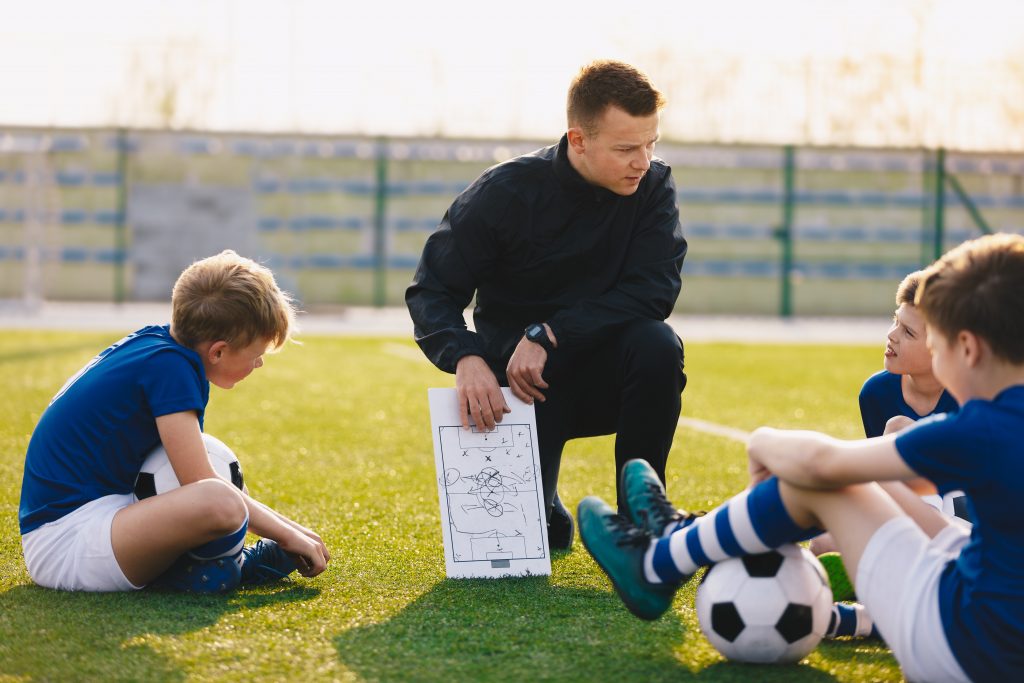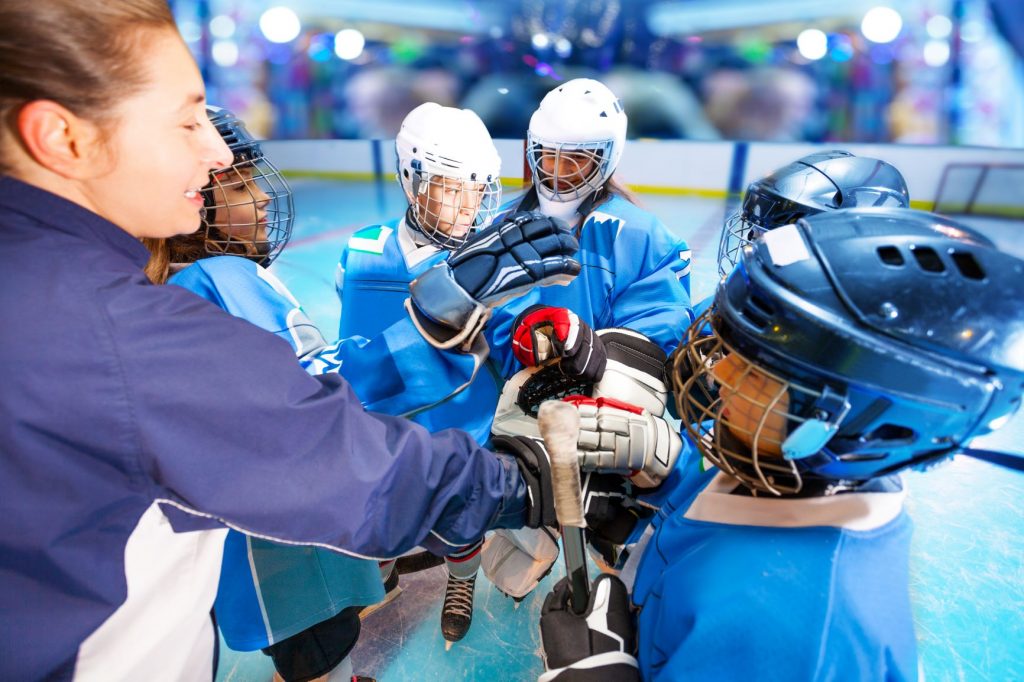Mentoring Young Employees
Whether in the office or on the field, sport leaders can provide valuable mentoring for young employees or volunteers. According to the Harvard Business Review, leaders can support the future success of young people through four important conversations: how to build resilience; how to influence others; how to job craft; and how to break out…
Unconscious Bias – Infographic
Unconscious biases are learned stereotypes that are automatic, unintentional, deeply engrained, and able to influence behavior. Within sport organizations, these biases can negatively impact diversity amongst staff and volunteers by undermining recruitment and retention strategies, and employee development. This infographic from Catalyst provides steps to combat unconscious bias as a leader in your organization.
2019 Concussion Prevention Workshop
Today, members of the Canadian sport sector are rolling up their sleeves to examine innovative ways to prevent concussions in sport at the Concussion Prevention Workshop hosted by SIRC, with support from Sport Canada and the Public Health Agency of Canada. Discussion will focus on rules and policies, training practices, and behaviours and sport culture…
Learning in the Flow of Work
Opportunities for development are the second most important factor in workplace happiness (after the nature of work itself), yet the urgency of work too often trumps the luxury of learning. A Harvard Business Review article suggests “learning in the flow of work”, which refers to learning opportunities that fit around and align with the nature…
A Positive Environment for Volunteer Coaches: The Role of Psychological Contract

Community sport organizations or clubs are the cornerstone of sport in Canada. A vast majority of these community sport clubs rely almost exclusively on volunteers for their management and program delivery (Cuskelly, Hoye, & Auld, 2006; Doherty, 2005). A threat to these organizations and their sustainability is acquiring and retaining volunteer coaches to deliver the…
Warmth or Competence: Do parents value one more than the other in competitive youth sport coaches?

Competence and warmth are two of the fundamental dimensions which we often judge other people (Kervyn, Bergsieker, & Fiske, 2011). Traits such as friendliness, helpfulness, sincerity, trustworthiness, and morality, all contribute to someone’s perceived warmth (Fiske, Cuddy, & Glick, 2007). In contrast, traits such as intelligence, skill, creativity, and independence all contribute to someone’s perceived…
Warmth vs. Competence
New research from Nipissing University examined the characteristics parents/guardians use to judge unknown youth hockey coaches. The findings reveal that parents/guardians determined the coach to be less suitable if they’re perceived to lack competence, whereas a perceived lack of warmth did not have similar consequences. Read more about the findings and what they mean for…
Intellectual humility
“Intellectual humility”, often related to open-mindedness, is linked to four key leadership characteristics: respect for other viewpoints; not being intellectually overconfident; separating one’s ego from one’s intellect; and willingness to revise one’s own viewpoint. However, philosophers argue the most effective leaders have one additional characteristic – “openness to experience”, which makes them curious enough to…
True Sport Selection Process
Two new True Sport resources are designed to help sport organizations put values at the centre of coach and player selection processes. The Coach Selection Process resource provides practical tools to support the identification of coaches that are committed to values-based sport. The Player Selection Process resource supports a selection approach that is designed to…
Reading the Game
Scanning, or “reading the game”, is an important skill that should be learned from a young age. However, research has discovered that new coaches are more likely to focus on technical skills, at the expense of tactical skill development. The findings support the use of coach education and mentoring to promote the value of scanning…